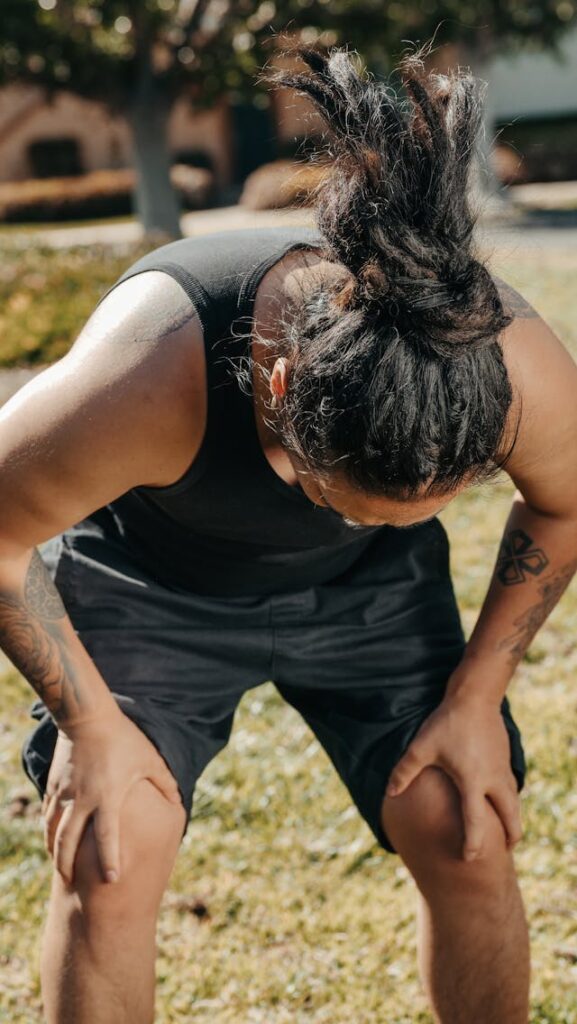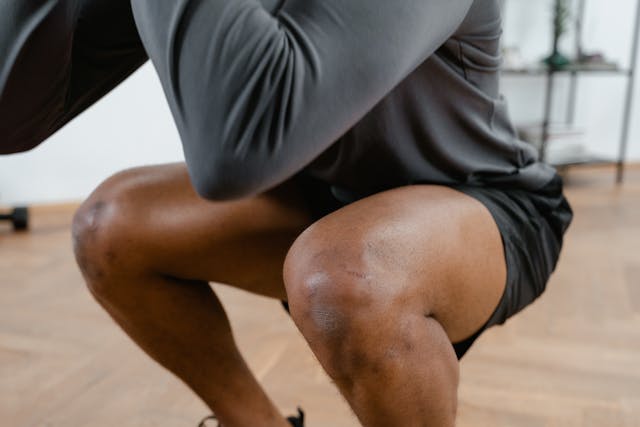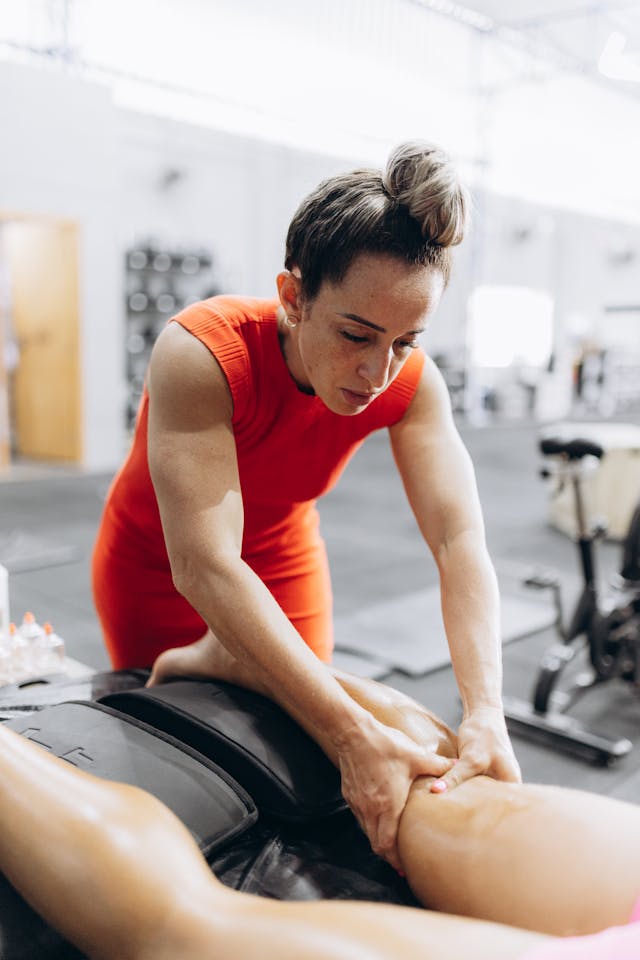Medial collateral ligament (MCL) injuries are a common challenge for athletes and physically active individuals. These injuries, ranging from mild sprains to severe tears, can significantly impact mobility and quality of life. This guide delves into the causes, symptoms, and recovery options for MCL injuries, offering clear and actionable advice to support your recovery journey.
The medial collateral ligament (MCL) is a vital stabiliser of the knee. It connects the thigh bone (femur) to the shin bone (tibia) on the inner side of the leg and resists inward pressure, or valgus force, that might otherwise destabilise the joint.
An MCL ligament injury occurs when excessive force stretches or tears the ligament. These injuries are graded based on severity:

MCL injury causes include both direct and indirect mechanisms. Direct trauma, such as a blow to the outer knee during contact sports like soccer or rugby, is a primary cause. Indirect injuries often stem from twisting motions during abrupt changes in direction or awkward landings from a jump. Overuse can also weaken the ligament, increasing its susceptibility to injury.
Common signs of MCL injury include pain along the inner knee, swelling, and tenderness. Many individuals experience difficulty bending or straightening the knee and report feelings of instability during movement. Persistent MCL pain or worsening symptoms warrant immediate consultation with a physiotherapist to confirm the diagnosis and initiate appropriate care.
Proper care is essential in the early stages of an MCL ligament injury to prevent further damage. Follow these steps:
Pain management, such as over-the-counter anti-inflammatory medications, can also provide relief. However, professional guidance ensures the best recovery outcomes.

Rehabilitation is a cornerstone of recovery. Early-stage MCL rehab exercises focus on gentle movements to regain mobility and strengthen the knee. Recommended exercises include:
These MCL rehab exercises are designed to minimise pain while promoting healing.
As recovery progresses, MCL recovery exercises shift toward building strength and stability. Advanced exercises may include:
Incorporating these exercises helps regain functionality and prepares the knee for everyday activities.

While mild MCL injuries may heal with home care, consult a physiotherapist if:
Professional care ensures a tailored recovery plan, addressing the unique aspects of your injury.
To reduce the risk of re-injury, adopt preventative measures:
Incorporating these habits minimises the likelihood of future MCL injuries.
At Healthproof, we specialise in in-home physiotherapy services across Sydney, Melbourne, and Brisbane, ensuring you receive personalised care in the comfort of your home. Whether you need support with MCL rehab exercises or advanced recovery, our team can guide you through every step of your rehabilitation journey. Contact us today to learn more about our mobile physiotherapy services.

